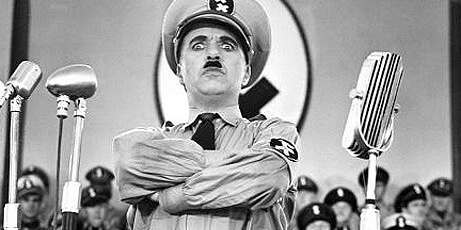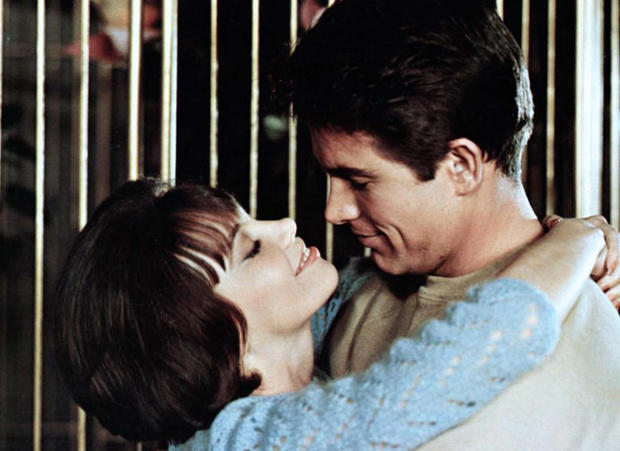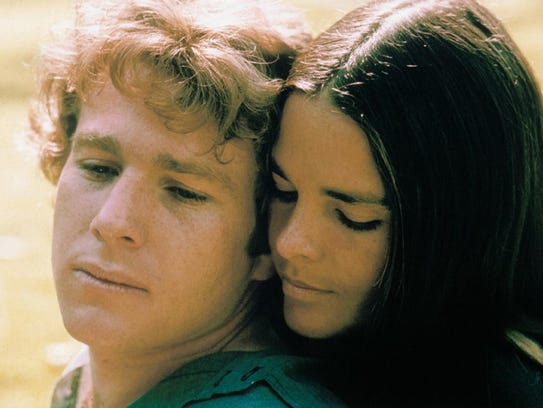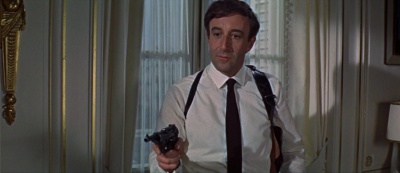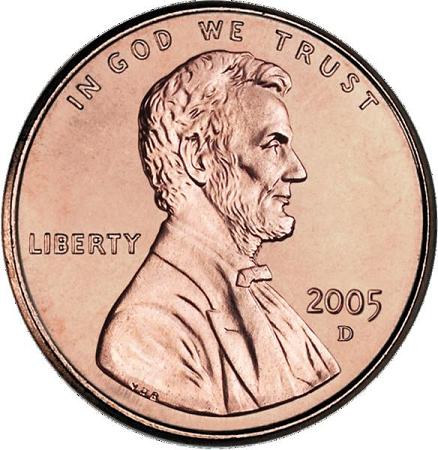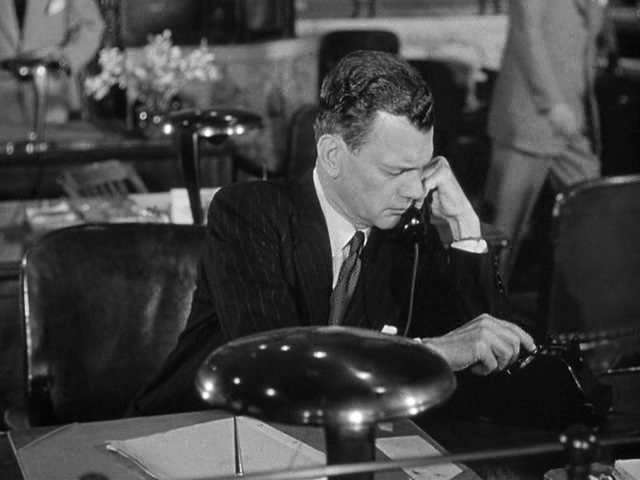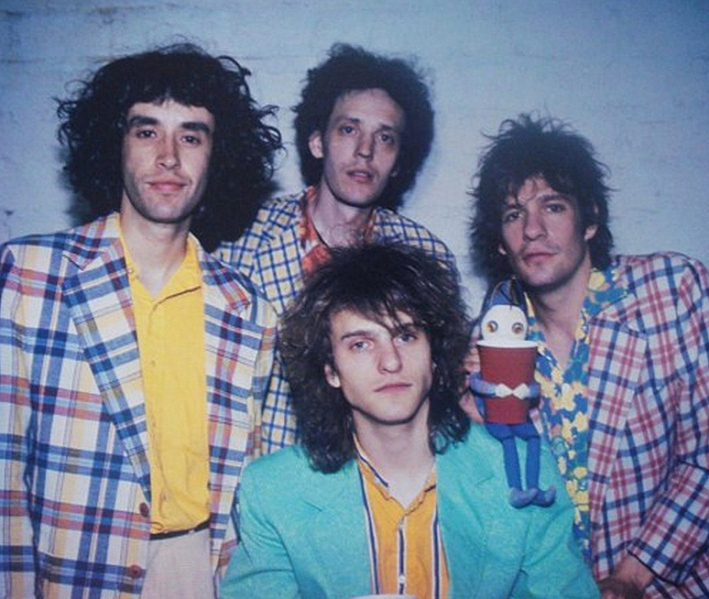I just read
Trouble Boys: The True Story Of The Replacements by Bob Mehr. It's an in-depth look (450+ pages) at maybe the best band of the 80s, and probably the most screwed-up. Though they were never as big as they deserved, the Replacements still live on as an inspiration, and perhaps a warning. They at least deserve a book such as Mehr's to tell their story.
All four band members--Paul Westerberg, Bob Stinson, Tommy Stinson and Chris Mars--grew up with problems. Especially Bob, whose father abused him. Yet they were pretty different: Paul, the perverse front man who was actually an introvert; unrestrained Bob; young scamp Tommy (and I mean young--he was 12 when the band started and 14 when they made their first album); and Chris, the quiet one with a separate artistic bent. But what they had in common was a love of music and, generally, nowhere else to go. If they hadn't formed the Replacements, it was likely a life of manual labor or perhaps prison.
Bob, little brother Tommy and Chris Mars were in the band Dogbreath when Paul entered their life. He'd been playing in other groups but saw something in them and thought they'd work well together. He joined and soon forced out a guitarist and two singers, and became the group's sole songwriter and lead singer. Bob had always thought it was his band, and it took him years to realize Paul had taken over.
It was the late 70s and there wasn't much of a musical scene around Minneapolis, but they'd soon help change that. They called themselves the Impediments, but screwed up one gig so bad (a recurring theme in the book) that they changed their name so no one would know who they were.

They were tough to get along with, and rubbed a lot of people the wrong way, but throughout their story there were people who fell in love with their music and would do anything for them. A good thing, since they were the types who needed help. One of the first acolytes, and probably the most important, was Peter Jesperson, a local tastemaker. He managed the big local record store, and also helped operate the newly-formed label Twin/Tone Records. He got a demo of the Replacements and from that point on worked tirelessly to promote them, getting them gigs and a recording contract, as well as becoming their manager (though he'd be fired unceremoniously several years down the road--the Replacements were not sentimental).
Their first album, released in 1981,
Sorry Ma, Forgot To Take Out The Trash, showed them as the wild, exciting, punkish band they were. That was followed by the delightful 8-song EP
Stink, where they got as hardcore as they would ever get.
Paul was growing more mature as a songwriter, and their 1983 album
Hootenanny showed a new sophistication. Some fans felt they'd sold out, but that's always the danger of change. Then, in 1984, came their masterpiece,
Let It Be. The book explains the title--the band was driving around and decided they'd name their album after the next song they heard on the radio.
Let It Be showed the full range of what the band could do, and songs like "I Will Dare," "Androgynous," "Unsatisfied," "Sixteen Blue" and even something like "Tommy Gets His Tonsils Out" put Westerberg at the top rank of songwriters.
The band was getting attention from the majors. What the big labels found, however, was a bunch of screw-ups--a more accurate name for the band would have been the Functional Alcoholics. As often as not, they blew their gigs either by being too out of it or by refusing the give the audience what it wanted. And in person, they had a bad attitude, practically daring the suits not to sign them.
Eventually, they signed with Sire Records, distributed by Warner Brothers. Sire had a roster that included bands like the Ramones and Talking Heads. The Replacements, if they fit anywhere, fit here.
The next two albums they made,
Tim (1985) and
Pleased To Meet Me (1987), showed the boys hadn't lost it, and certainly hadn't sold out--they're probably the band's best after
Let It Be. But these releases didn't climb the charts as hoped. The band had an intense following, but couldn't break out with a hit single--though you'd think songs like "Kiss Me On The Bus," "Bastards Of Young," "Alex Chilton" or "Can't Hardly Wait" should have done the trick.
Truth is, the band bears a lot of the responsibility for their failure. The book becomes a depressing read after a while, as they blow one big chance after another. They refuse to make videos in the age of MTV (at least videos anyone would want to show). They're aggressive and unpleasant when they meet people who could push their music. They do an appearance on
Saturday Night Live where they get drunk and swear on air, and end up getting banned from national TV for the next few years. And they screw up every big gig where important people are around (and then do great shows when it doesn't count).
During this period, it was becoming more and more obvious that Bob couldn't hack it. He'd always been the biggest drinker and the hardest to deal with, and by the time of
Tim was barely in the studio when they recorded. The book talks about one watershed moment when they played a gig in Ann Arbor. Bob didn't show and so the band went on without him. Bob was drinking at a nearby bar, so the band invited audience members to come up and play his guitar. Bob appeared after a few songs and the audience cheered, but Paul said "you should be booing him." I remember--I was there.
So the band--including brother Tommy--fired Bob in 1986. Bob wasn't only an addict, he also had serious mental problems. He abused himself so much that he died of organ failure in 1995, only 35 years old. He had never enjoyed the Replacement's growing success--he probably would have preferred they remain a local group. He also resisted how they changed--in fact, he'd often reject songs that Paul would bring to the band. Ultimately, it's hard to blame his death on being fired--he was messed up with the band, and messed up without them.
The Replacements hired Slim Dunlap in Bob's place and recorded their next album,
Don't Tell A Soul, which was released in 1989. This was their last shot at stardom, and it fell just short. The single, "I'll Be You" (which even had a regular video) got some traction, but the album stalled and only sold 300,000 copies--their biggest seller, but not enough.
Their next album,
All Shook Down, is the Replacements in name only--it's more a Paul Westerberg solo project with the band members sometimes backing him. It was released under the band name for commercial reasons. A fine album, but it didn't sell well.
Westerberg was almost thirty and ready to move on. He even stopped drinking. He made some cutting remarks about drummer Chris Mars in print, who then quit the band. But they were on their last legs anyway. They slogged through a bit more touring before they did their final gig in Chicago in 1991. The big split was between Paul and Tommy, who had been the heart and soul of the Replacements for some time.
They all went on to various projects (musical and otherwise). Westerberg put out solo albums every few years, but they didn't sell as well as the Replacements. He also placed a song--"Dyslexic Heart"--on the 1992 soundtrack to the move
Singles. This was during the grunge explosion, and the album sold millions, so Paul at least knew what it felt like to be multi-platinum. Though he and the band must have wondered how the Replacements would have fared in the Nirvana era.
In 2012, Slim Dunlap suffered a stroke. Paul and Tommy got together to record an EP,
Songs For Slim, to raise money. They toured on and off for a few years, though appear to have broken up again--but who knows, we may get another Replacements album yet.
No matter what the future holds, we know what they gave us in the past. And that can't be matched.






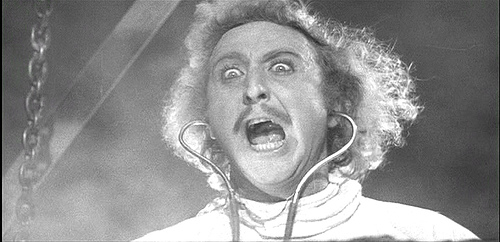





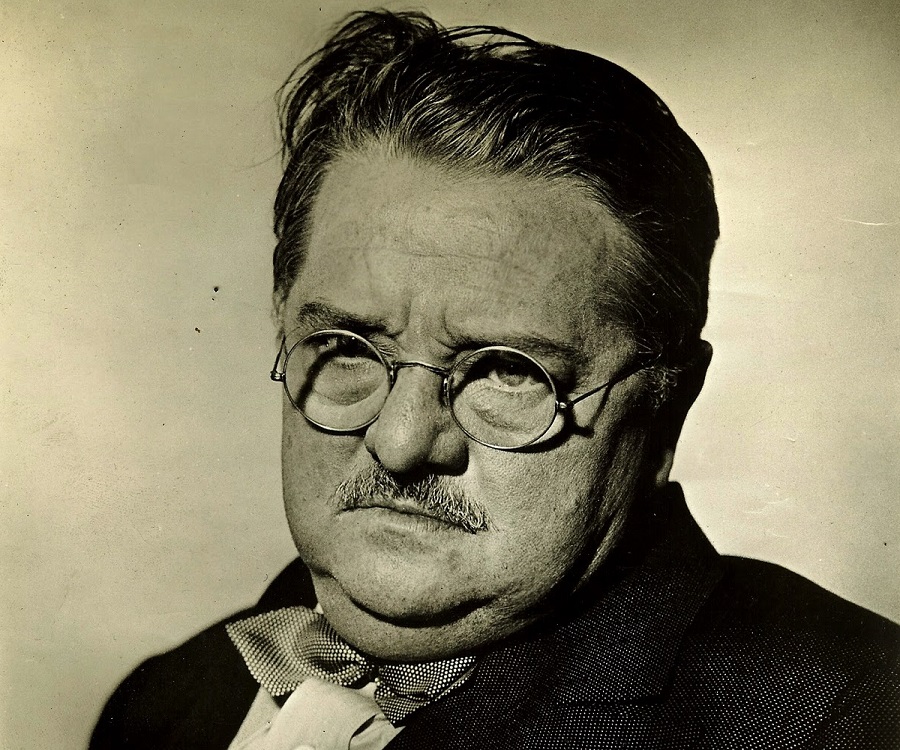


.png/revision/latest?cb=20130829225817)







